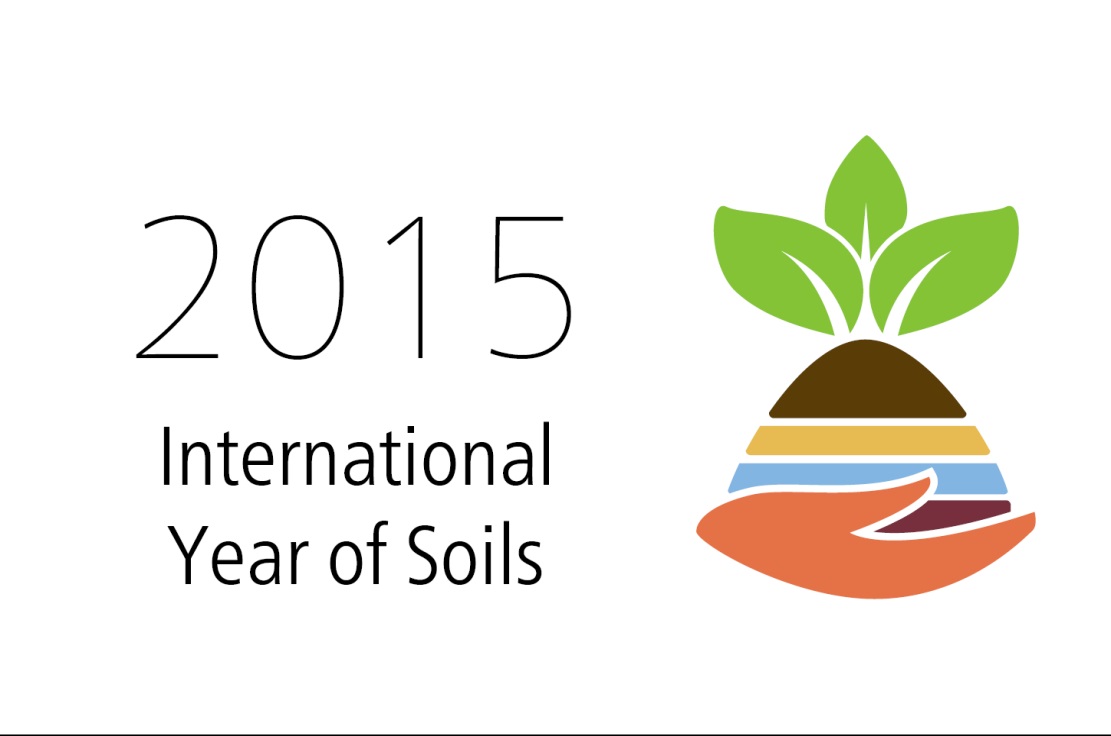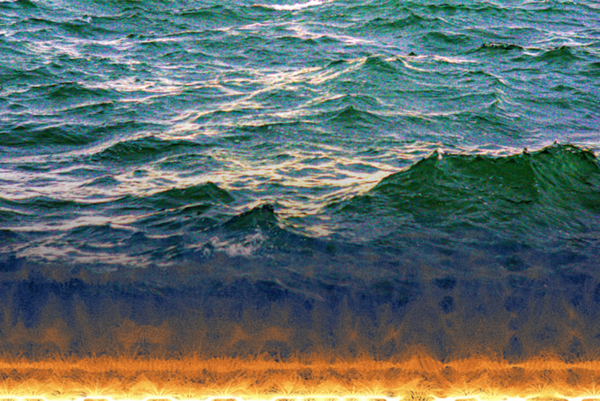
ÉCOFEMMES FEST – MINERVA
L’association MINERVA présentera ÉCOFEMMES FEST, le premier festival en France consacré à l’écoféminisme. Pendant trois jours, artistes, chercheuses, journalistes et…

The Soil Culture programme uses the arts to inspire a deeper public understanding of the
importance of soil-a resource on which the whole of civilization depends but many take
for granted.
Healthy soils are not only essential for the production of food but are a vital part of our
global eco-system, acting as a carbon sink to reduce the impact of climate change. Today,
soils around the world are increasingly being threatened by compaction, contamination,
erosion, flooding and salinisation, and an appreciation of our soils is greatly needed.
CCANW and Falmouth University will deliver Soil Culture in phases. The first involved
research led by the University, funded by a grant from the Arts and Humanities Research
Council, and this culminated in a Forum at Falmouth which brought together over 90 artists, writers and environmentalists earlier in July .
In the lead up to and coinciding with the United Nations International Year of Soils 2015
CCANW is organising residencies aimed at encouraging an exploration of the importance
of soils. The arts can engage people in ways that science rarely does and we are delighted
to have already attracted over 456 applications from around the world for the first five
residencies. Taking place across the South West of the UK as well as at a number of key
organisations further afield, the residencies will not only provide dedicated time for
experimentation, research and the development of new work but also unparalleled
access to facilities, expertise and working contexts. The selected artists for the first residencies are Marissa Benedict (USA) working at the Environment and Sustainability Institute, University of Exeter, Karen Guthrie (UK) at Hauser & Wirth Somerset, Jonny Briggs (UK) at White Moose in Barnstaple, Debra Solomon (USA/ NL) at Schumacher College, Dartington and Anton Burdakov (UK/UA/DE) at the Eden Project. CCANW will also be helping to support residencies by Paul Chaney at Kestle Barton in Helston and Anne-Marie Culhane at the University of Exeter.
CCANW will be inviting applications for the third round of residencies in the autumn 2014.
They will take place at the following organisations: Bristol European Green Capital,
Geography Department, University of Exeter, Royal Botanic Gardens, Peninsula Arts,
University of Plymouth, Daylesford Organic Farm.
From May 2015- September 2016, an exhibition of the results of the residencies will then tour to eight galleries in the region, including the Thelma Hulbert Gallery in Honiton, Create Centre in Bristol and spaces run by most residency hosts. This phase is substantially
supported by Arts Council England.
The final phase involves a major exhibition of work by established international artists
whose work has engaged with soils, sometimes over several decades. This will be launched in September 2015 at Falmouth Art Gallery before going on to Peninsula Arts at the University of Plymouth in the following year.
L’association MINERVA présentera ÉCOFEMMES FEST, le premier festival en France consacré à l’écoféminisme. Pendant trois jours, artistes, chercheuses, journalistes et…
L’Observatoire de la Côte d’Azur accueille Unda Terræ, une exposition collective art/science imaginée par Circa dans le cadre de la…
L’exposition Enredos II de Nuno da Luz dans laquelle le Centro Botín (Espagne) devient un corps acoustique vibrant à travers…

